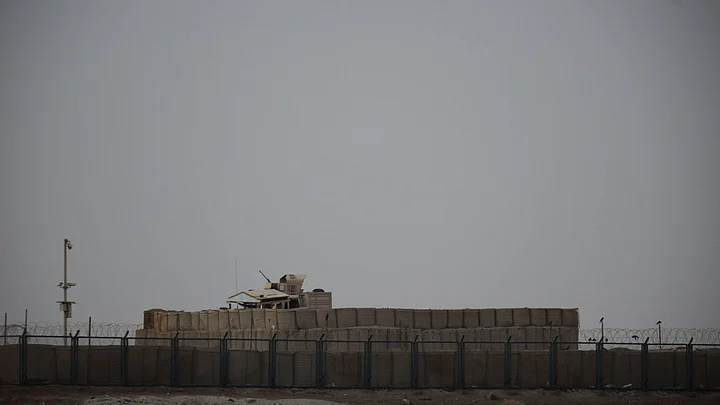At least 22 people were killed after three massive explosions struck the Aden airport in Yemen just minutes after the arrival of members of a new power-sharing government from Saudi Arabia, the Interior Ministry said on Thursday, 31 December.
According to a statement released by the pro-government Ministry based in the southern port city of Aden, 50 others were also injured in the blasts on Wednesday, news agency Xinhua reported.
The statement indicated that the coordinated blasts targeted local officials and employees gathered to welcome the government members at the airport.
President Abu Rabbu Mansour Hadi accused the Houthi rebel group of being behind the explosions.
He officially directed the formation of a committee from the new power-sharing government to investigate the repercussions of the attack against the airport of Aden.
He also stressed, during his phone call with the country's Prime Minister Maeen Abdulmalik, that "the terrorist acts committed by the Iranian-backed Houthi militia and extremist terrorist groups will not discourage the legitimate government from exercising its duties from the temporary capital of Aden".
Hadi chose the newly appointed Minister of Interior and leaders of the security and intelligence departments to lead the investigation committee in Aden, in coordination with the Saudi Arabia-led coalition, according to the state-run Saba News Agency.
Meanwhile, the International Committee of the Red Cross (ICRC) in Yemen said that one of its employees died in the blasts.
In a statement posted on Twitter, it said that "we are profoundly saddened that one of our colleagues was killed in Aden's airport explosion".
"Two others are unaccounted for and three were injured. Our staff were transiting through the airport with other civilians. This is a tragic day for us and the people of Yemen," the Red Cross added.
Earlier this month, Hadi issued a decree to form a new power-sharing government in Yemen led by Saeed, a move that received regional and international welcome.
The new government consists of 24 ministerial portfolios, divided equally between the northern and southern provinces in Yemen.
The new Yemeni government was established in accordance with the terms of the Riyadh Peace Agreement jointly signed in November 2019 between the Yemeni government and the leaders of the Southern Transitional Council (STC).
In 2019, Saudi Arabia persuaded the STC and the Yemeni government to hold reconciliation talks, which resulted in a deal to form a new technocratic cabinet of no more than 24 ministers.
But numerous obstacles have stood in the way of implementing the deal, which excluded the Houthi rebels who are still controlling the capital Sanaa and other northern provinces of the war-torn Arab country.
The impoverished Arab country has been locked in a civil war since late 2014, when the Houthis overran much of the country and seized all northern regions including Sanaa.
